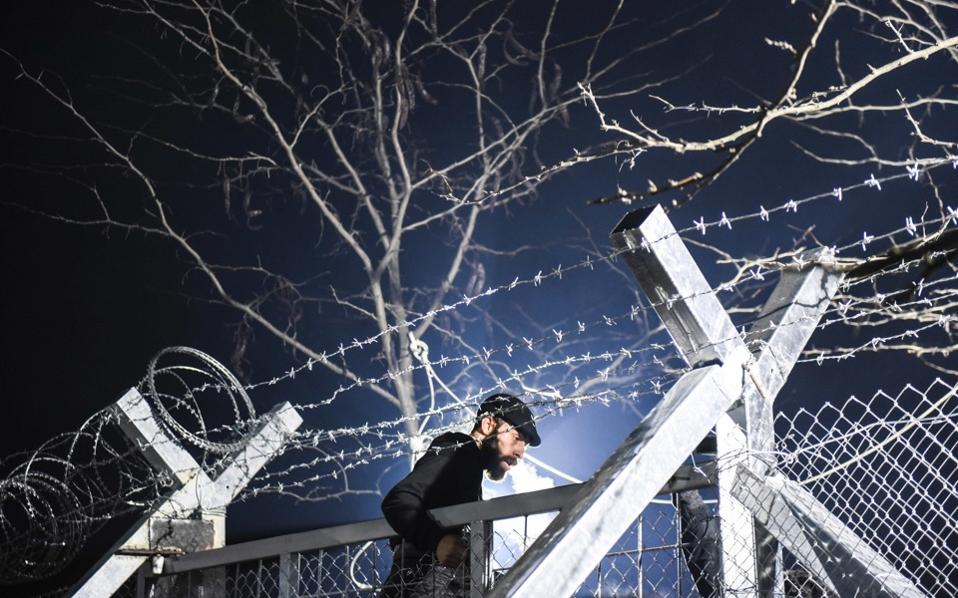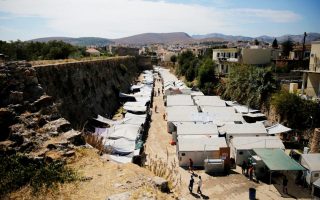EU to slash funds to Eastern Europe to step up migration budget

European Union countries agreed on Monday to slash funds from next year's EU budget to poor regions of the bloc, mostly in the east, while increasing spending to manage migration flows and spur growth.
In an unprecedented wave of migration last year, 1.3 million people reached the southern shores of the EU, heading mainly to Germany from Greece and Italy.
A European Commission proposal to increase funds to address the migrant crisis in the EU budget for 2017 was fully backed by EU governments. That will result in a nearly 25 percent spike in migration and security payments compared with this year's budget, the Council of EU governments said in a note on Monday.
The migration budget for next year would total 5.2 billion euros, with funds to be spent on reinforcing external borders, resettling asylum seekers and integrating migrants, while another 2.2 billion euros would be for action outside the EU to address the causes of refugee flows.
EU governments also supported a 9 percent increase next year to 19 billion euros in payments for EU projects aimed at promoting growth and creating jobs, as the bloc is still struggling to bring down high levels of unemployment after the 2007-08 financial crisis.
To compensate for the higher expenses on migration and jobs, the EU agreed to cut other spending and slash funds destined for the least developed regions of the bloc, which will see in 2017 a fall in payments by nearly 24 percent year-on-year.
Eastern European countries are the main beneficiaries of development funds and fear that this decision could pave the way for bigger cuts in coming years, diplomats told Reuters.
On Tuesday, the European Commission plans a regular review of the EU financial framework for the period 2014-20, and may propose a more flexible budget giving priorities to emergencies and cutting fixed expenses, a diplomat said.
Some see the budget decision as possible retribution for the opposition of Eastern European countries to EU plans to share out the hosting of asylum seekers across the 28 member states, which have largely missed targets.
But Eastern European countries accepted the proposed budget as it also includes spending reductions in several sectors, including agriculture and research.
The cuts for poor regions, the largest of all expenditure headings, are partly due to the longer periods needed by regional administrations to launch development projects, which usually surge toward the final phase of EU long-term budgets, the current running between 2014 and 2020, an EU official told Reuters.
Overall, the Council agreed to reduce the EU budget in 2017 by 7 percent compared with this year to 133.8 billion euros in payments.
It slashed more than 820 million euros from the Commission proposal, increasing cuts to poor regions already proposed by the EU executive. It also cut funds for EU space projects, such as the satellite navigation program Galileo, for farmers and for nuclear energy programs, such as the fusion reactor ITER.
The Council's agreement must be endorsed by the European Parliament by mid-November. [Reuters]





